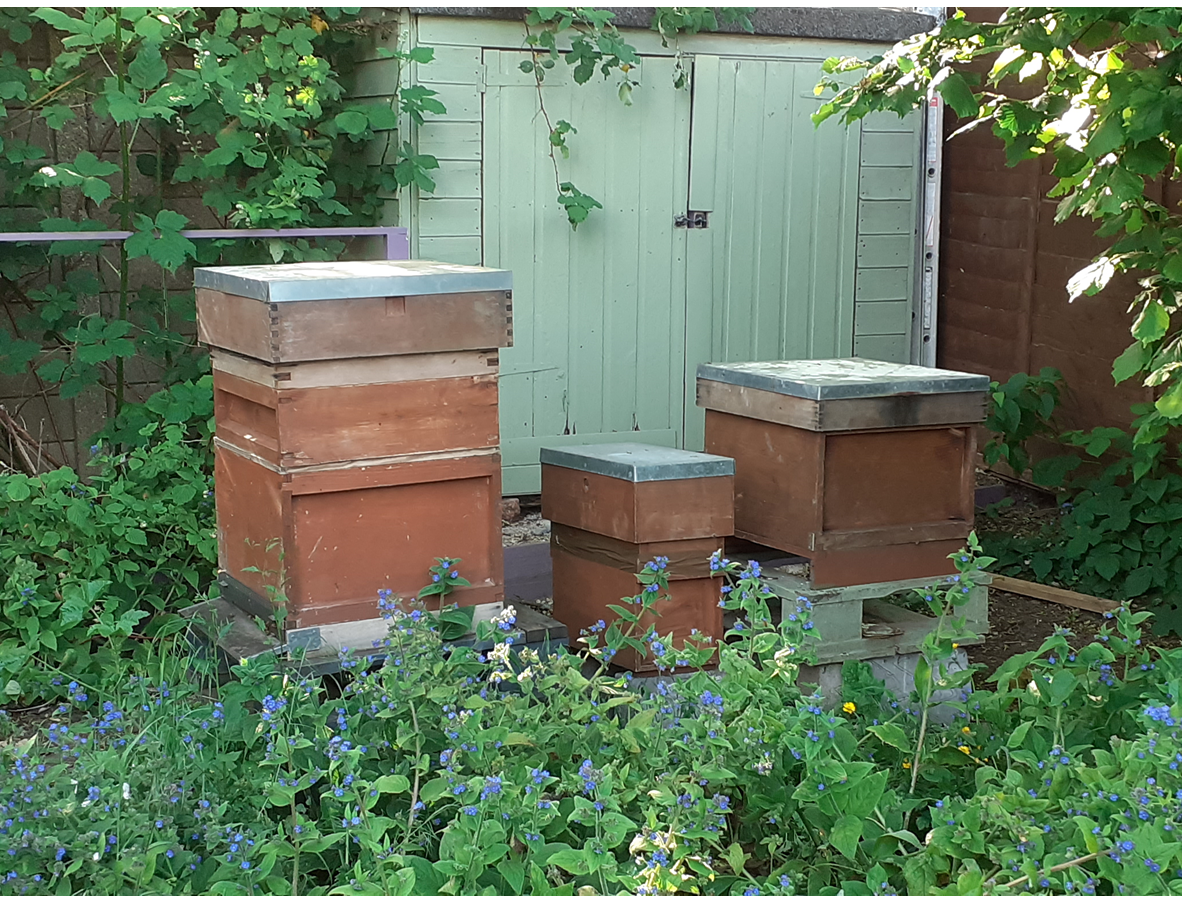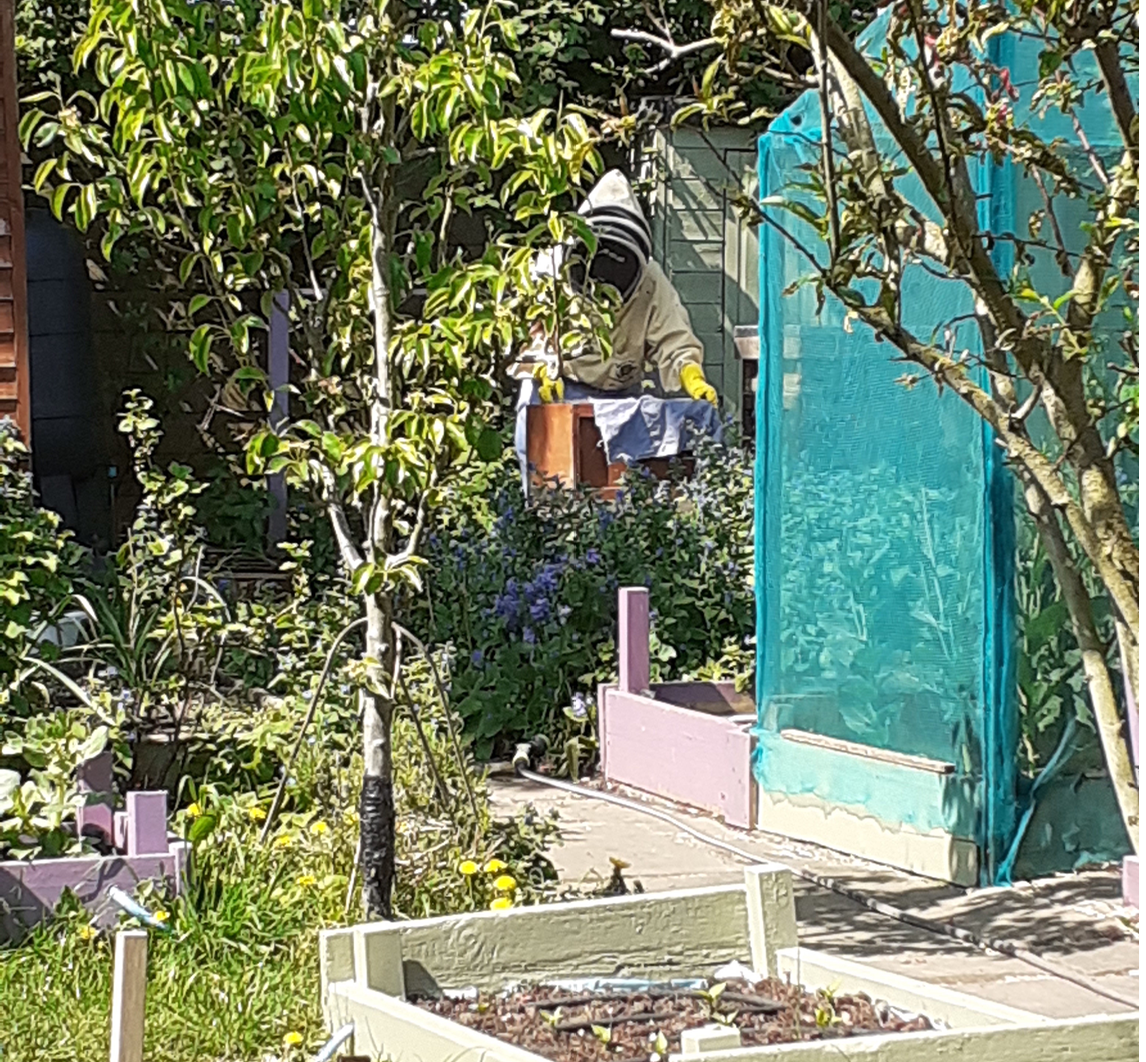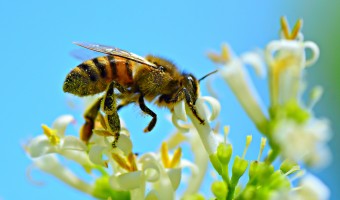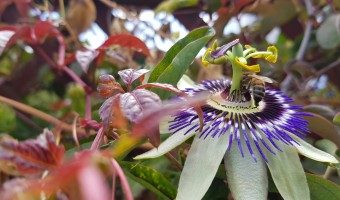Written In conjunction with Finchley Hills Honey
The Joy of Bees
Nothing lifts the spirit in the gloom of winter quite like the reminder that summer will come again. Just looking at the world through the clear amber of a honey jar can transport us to orchards in bloom and the sun’s rays on flowers. When, at last nature at her most promising and forgiving gives us the bees for one another spring, we know we love them for more than just their wonderful honey. There is something healing and magical about them. Bees are amazing, not only for the role they play in food production through pollination but for the way in which their society works and for their diligence, method and camaraderie. If this was not enough to secure their position as one of nature’s most prolific creatures the result of their intense labour is a substance of almost mythical qualities – honey. Known for its anti-viral, anti-inflammatory and antiseptic qualities – it also tastes pretty good as well.
Inside The Colony
Typically, a colony of bees is made up of about 30.000 worker female bees, and one single queen. There are also a few male bees – these are called drones. The queen is the only member of the community able to lay eggs and in the height of summer, she can lay about 2000 eggs a day! The worker bees make the communal decisions in the hive and carry out all the different tasks in the colony, such as looking after the brood, bringing nectar, pollen and water to make honey, as well as defending the hive with their sting. The drones’ only known job is to mate with a queen, and then they die. They are not equipped with a sting.
London Honey
Honey has been harvested by humans for at least 8000 years. Traditionally we associate beekeeping with the countryside. However, despite the noise and activity cities make great places for honey bees, There are lots of parks and gardens bursting with a diversity of plants and trees that bloom throughout spring, summer and autumn. The absence of pesticides makes big cities like London particularly bee-friendly. Indeed, lots of well-known London landmarks such as the Ritz Hotel or Fortnum &Mason have apiaries on their rooftops.
The Finchley Hills apiary is in the back garden of a residential home in North London and the bees forage on trees and plants in gardens, parks and allotments within a mile. Each colony chooses its own honey-making secret recipe based on the flowers available. For this reason, honey from different hives can taste completely different.
The job of responsible beekeepers is to make sure the bees are healthy and have enough food in the hive throughout the year, as well as to protect them from predators such as wasps. As responsible shepherds of the bees, Finchley Hills only extract the hives’ surplus honey and wax, leaving them plenty to eat after the harvest. Apart from honey and wax, bees also make an antiseptic sticky substance called propolis. Beeswax is rich in propolis making it the ideal substance to make lip-balms and food-wraps.
 Big Cities, Local bees
Big Cities, Local bees





 Load more triptoids
Load more triptoids